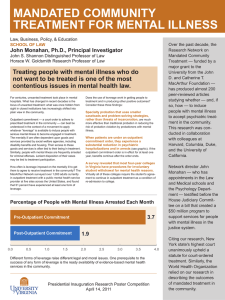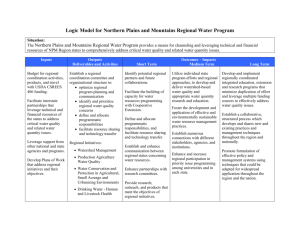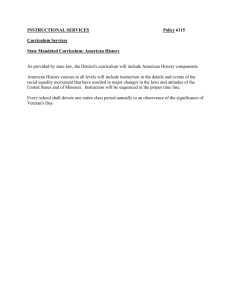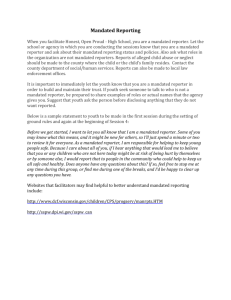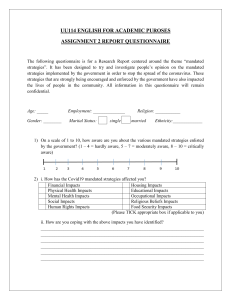Research Network on Mandated Community Treatment
advertisement
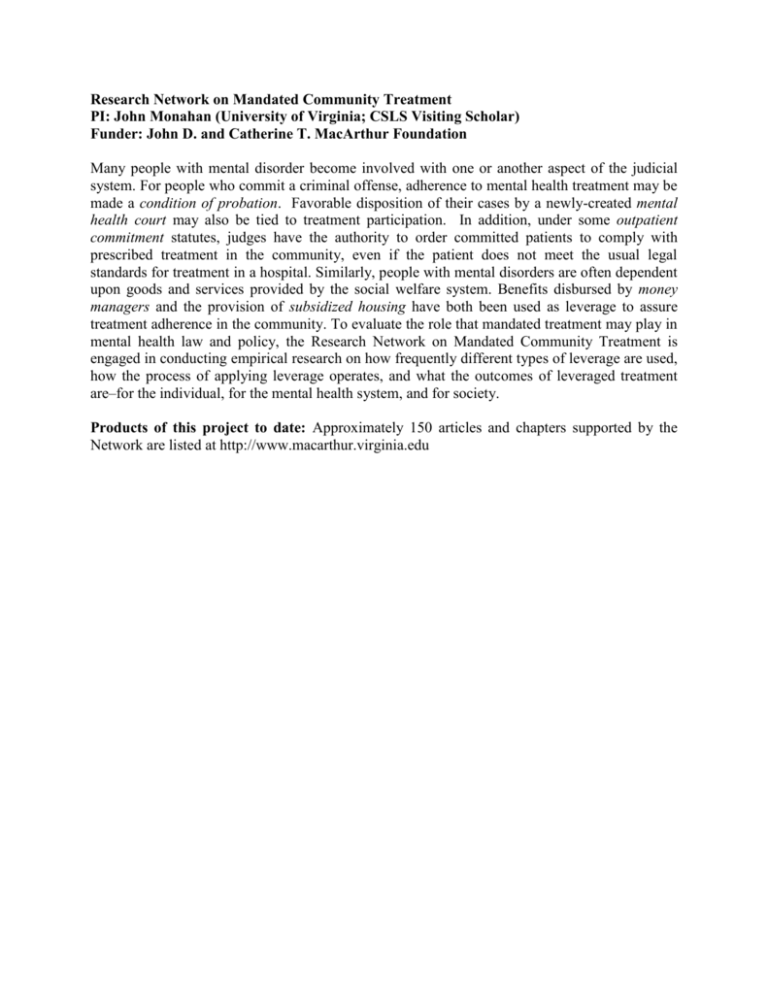
Research Network on Mandated Community Treatment PI: John Monahan (University of Virginia; CSLS Visiting Scholar) Funder: John D. and Catherine T. MacArthur Foundation Many people with mental disorder become involved with one or another aspect of the judicial system. For people who commit a criminal offense, adherence to mental health treatment may be made a condition of probation. Favorable disposition of their cases by a newly-created mental health court may also be tied to treatment participation. In addition, under some outpatient commitment statutes, judges have the authority to order committed patients to comply with prescribed treatment in the community, even if the patient does not meet the usual legal standards for treatment in a hospital. Similarly, people with mental disorders are often dependent upon goods and services provided by the social welfare system. Benefits disbursed by money managers and the provision of subsidized housing have both been used as leverage to assure treatment adherence in the community. To evaluate the role that mandated treatment may play in mental health law and policy, the Research Network on Mandated Community Treatment is engaged in conducting empirical research on how frequently different types of leverage are used, how the process of applying leverage operates, and what the outcomes of leveraged treatment are–for the individual, for the mental health system, and for society. Products of this project to date: Approximately 150 articles and chapters supported by the Network are listed at http://www.macarthur.virginia.edu
